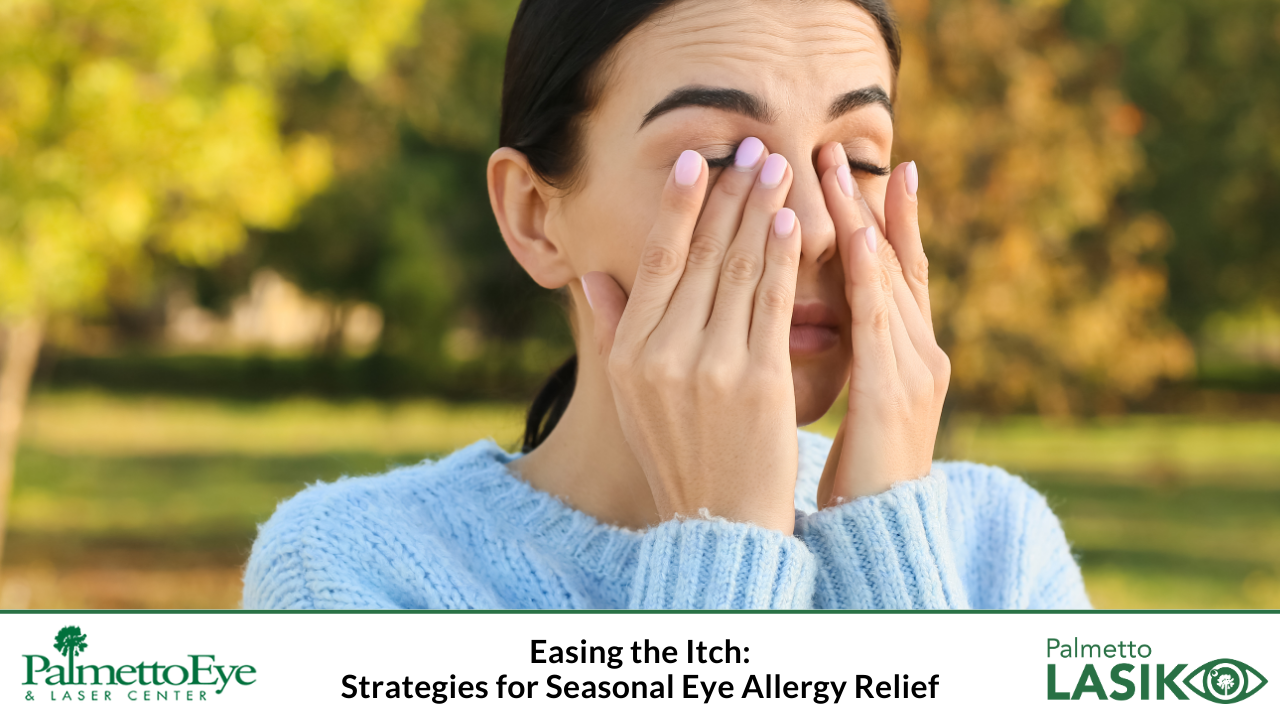
Seasonal eye allergies, also known as allergic conjunctivitis, can significantly disrupt daily life for millions of adults each year. Whether it’s the mild annoyance of itchy eyes or the more severe discomfort of redness and tearing, these symptoms can be a seasonal challenge. But understanding what causes these allergies, recognizing their symptoms, and learning how to manage them effectively can make all the difference.
Seasonal eye allergies are reactions that occur when the eyes come into contact with allergens in the environment, typically during certain times of the year—most commonly spring, summer, and fall. These allergies are different from other eye conditions like infections or chronic dry eye and are usually linked to airborne allergens such as pollen, dust mites, and mold spores.
Understanding these triggers can help you take proactive steps to minimize exposure and manage symptoms more effectively.
Identifying the symptoms of seasonal eye allergies is the first step toward relief. Here’s a detailed list of what to watch out for:
Managing seasonal eye allergies effectively involves a combination of strategies to avoid triggers and alleviate symptoms.
Several over-the-counter (OTC) treatments can provide relief from seasonal eye allergy symptoms:
While many people can manage their symptoms with OTC treatments and lifestyle changes, there are times when it’s important to consult with an eye care professional:
Consulting with the Palmetto Eye & Laser Center team can ensure you receive an accurate diagnosis and appropriate treatment plan tailored to your needs.
Dealing with seasonal eye allergies can be challenging, but with the right approach, you can significantly reduce your symptoms and improve your quality of life. By understanding the triggers, recognizing symptoms early, and employing effective management strategies, you’ll be well-equipped to survive allergy season. Remember, taking care of your eyes is an important aspect of self-care, and seeking professional advice when needed is crucial for maintaining your overall eye health. Stay proactive, stay informed, and here’s to clearer, more comfortable days ahead!